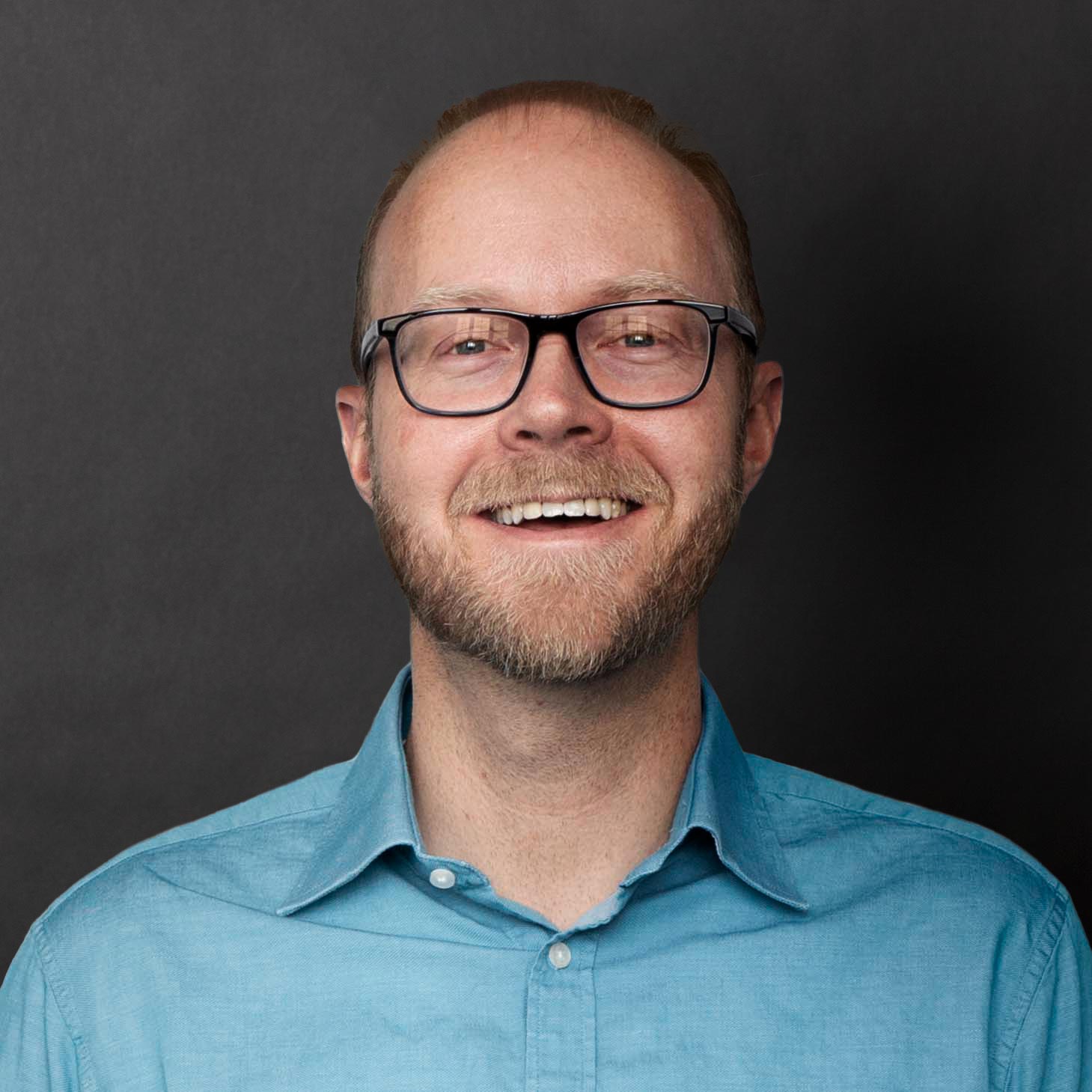







OpenAI had big dreams for the name GPT. It even published brand guidelines on the internet that refer to the acronym as a “trademark.” However, the company’s dream of owning the rights to GPT will fade on May 6, when its trademark application is slated for a “final action” denial from the US Patent and Trademark Office (USPTO). Although OpenAI has petitioned the USPTO for an extension of the deadline, the mark is all but dead. Anyone who needs to name something can learn from its demise.
OpenAI’s failure hinges on the fact that its acronym stands for the name “Generative Pre-trained Transformer.” According to the USPTO, the name “merely describes” the service’s capabilities.
Adding insult to injury, the USPTO also states that the name “appears to be generic.” In other words, “Generative Pretrained Transformer” is the equivalent of Hershey naming its newest treat “chocolate candy bar” or Nike calling its latest sneaker “high-performance running shoe.”
GPT is so generic that more than 200 related names have been submitted to the USPTO for trademark consideration, and most have not originated with OpenAI. Applications include “Cat GPT,” “BrainGPT,” and the crowd-pleaser “GPTJesus.”
All is not lost for OpenAI. The USPTO has already approved two of the company’s other trademark applications for “GPT-3” and “GPT-4.” But this is a second-rate solution. It’s as if Apple had been prohibited from trademarking the generic name “Smartphone,” so, instead, it named its products “Smartphone-3” and “Smartphone-4.”
If OpenAI had invested more thought into developing a proprietary name to match its revolutionary technology, it could’ve inaugurated the age of AI with a world-building asset on the level of the iPhone.”
OpenAI botched its “iPhone” moment, but we can learn three naming lessons from their failure.
It’s hard to predict what’s next for GPT. If OpenAI had invested more thought into developing a proprietary name to match its revolutionary technology, it could’ve inaugurated the age of AI with a world-building asset on the level of the iPhone. Instead, it created a marketing 101 module: How NOT to brand a product.
There’s also a more significant lesson. Business history isn’t written with sales numbers, market share, advertisements, or logos—all of which change over time. The story is told through brand names that seldom, if ever, change. That’s why every naming project is an opportunity to write history. Don’t “GPT” your chance at immortality.
This piece originally appeared in PRINT Magazine.
Image created by Josh Berta.

